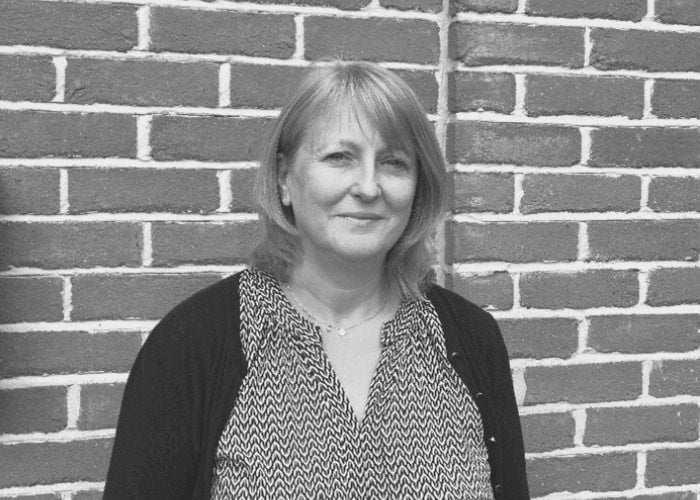
A new approach to income
By Laurinda Hornblow, Head of Income
1 December 2020
Well it happened again, and we all experienced a second national lockdown – albeit for a much shorter period of time. And as we come out of lockdown again I’ve reflected on how it felt different from the first one, not least because many of our teams have had eight months of working remotely. Most office-based staff did not return to offices and we’ve done everything virtually, including refresher training on Universal Credit for over 100 team members. Of course, our supported housing teams carried on working in the community, as well as repairs and maintenance which carried on where possible in both lockdowns.
Sovereign announced early on that nobody would lose their home because of financial circumstances brought about by Covid-19 and we took a step back to re-evaluate the support we could give our customers to help ensure this remained the case. We also reviewed what additional support we could provide for our new lets and those needing to claim Universal Credit for the first time.
In our new virtual world we needed to re-think how we contacted customers and re-assigned what our income visiting officers did. It was very apparent that texting, phoning and emailing were the most effective ways of contact, and using RentSense we identified which residents needed to be contacted. In 2019/20 we sent some 56,000 income texts but this rose significantly from the end of March to September this year when we stepped up texting as a preferred method of contact – in total we sent over 83,000 texts.
Our phone calls to customers average around 6,000 per month and around 3,000 emails. It’s also been vitally important to keep resident contact details up to date and we take every opportunity to do so.
We’ve recently introduced Dynamics 365 to the income teams. This latest software links all our different systems into one contact management system giving all our teams a three-hundred-and-sixty-degree view of all customer contact. Dynamics 365 will help us manage our customer relationships more efficiently and we’ll be able to deliver greater customer service.
Contacting residents by letter has significantly changed. Last year we sent around 52,000 income related letters and now due to the changes we’ve made to how we work, we’ve sent just 300 since July. Not only has this saved valuable time but it’s made a significant saving for the business. And, the support we are able to offer our customers remains second to none.
Recovery
We’ve been cautious about recovering income over the last few months, initially contacting residents who either hadn’t paid or we hadn’t heard from. In the majority of cases the teams hard work had paid off and residents who’d been struggling financially had accepted support or made arrangements to pay. Then in July as restrictions eased it felt right to consider serving Notices again where it was the right thing to do – and we were one of the last to do so!
But to ensure we did this in an ethical way we put in place our own legal principles that underpin our approach. These ensure that we explore every avenue of contact and support - giving residents every opportunity to engage with us. The last thing we want to do is see someone lose their home and we make every attempt to reach an agreement with the resident, only instigating legal action as a last resort.
Our more supportive approach has also extended to applying to court and this has put us in a good place with the recent legislative changes to court hearings.
Our Tenancy Support team have been as busy as ever supporting residents with debt, money help and advice - utilising other support available such as independent money advice and fuel vouchers.
Our teams have said they prefer their new way of working - they feel more empowered, have a better relationship with residents, and that residents are more inclined to work with us. We’re listening to our customers and responding to their individual circumstances, rather than just following a step by step process.
One team member commented that if our current approach had been suggested prior to going through lockdown and the pandemic, they would’ve thought I’d gone mad but they can now actually see the positives of it for our teams and residents.
So, what next?
Over the next few months, we’ll evaluate our approach and decide what if anything needs to change, taking into account performance and feedback from teams and more importantly our residents.
